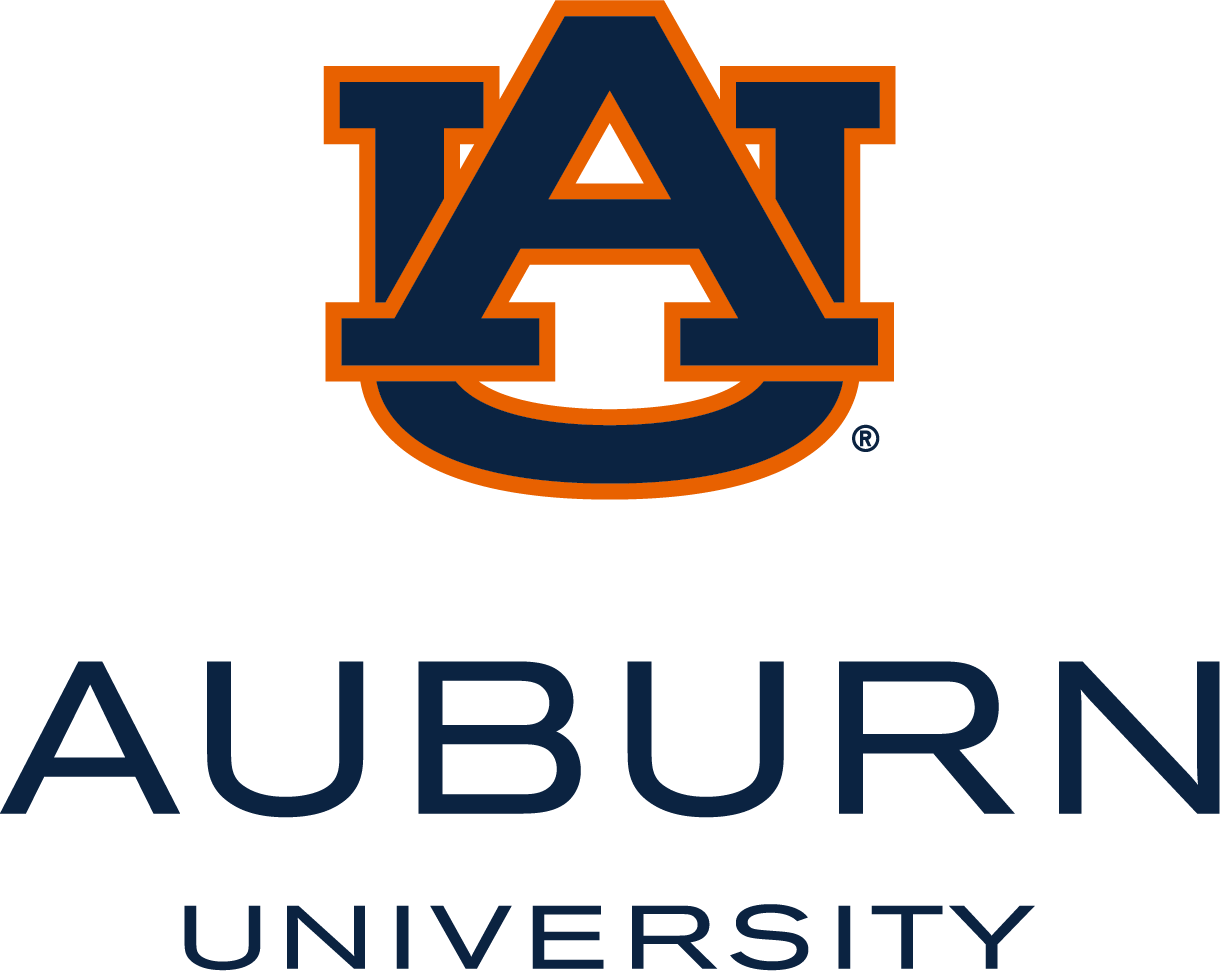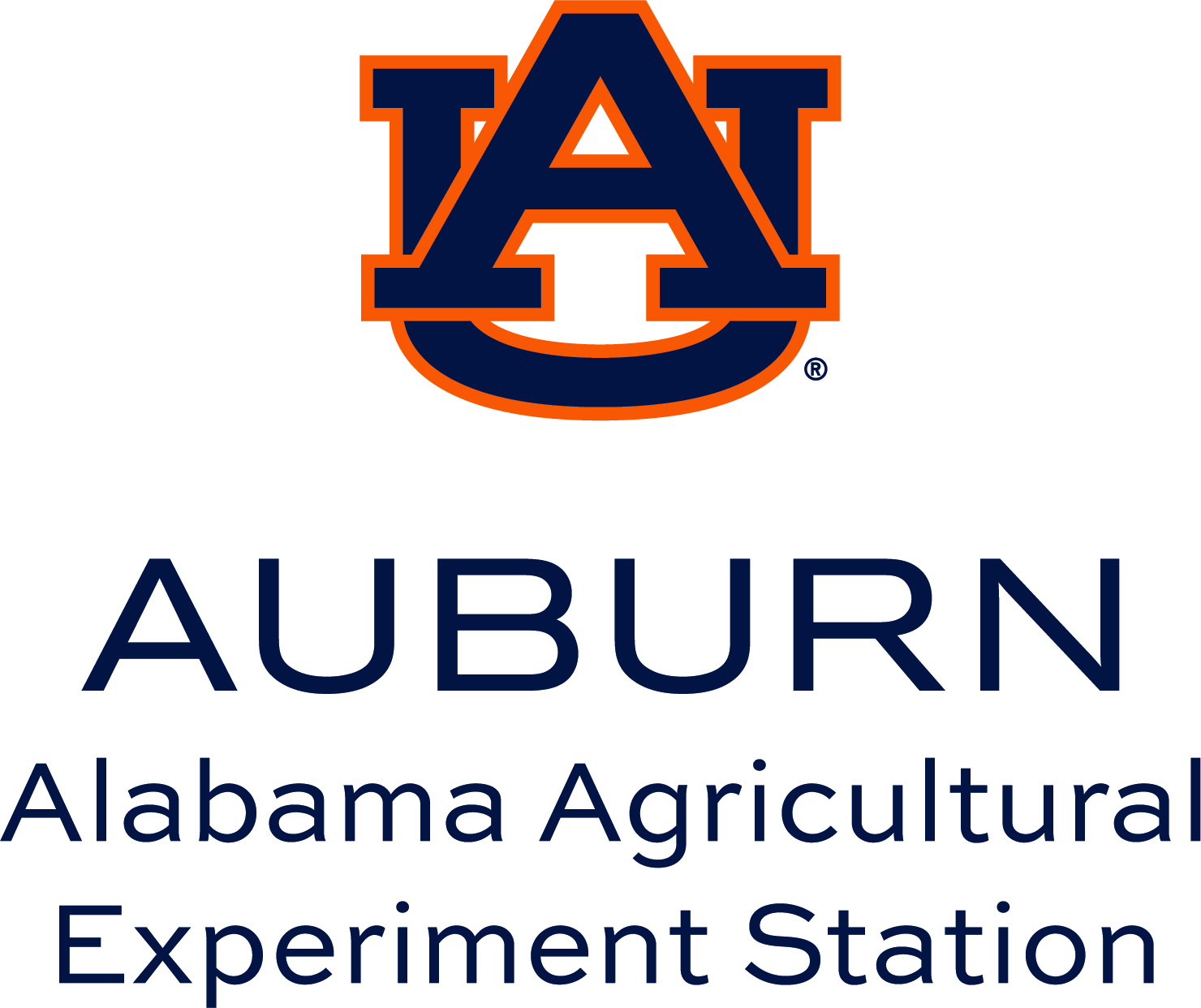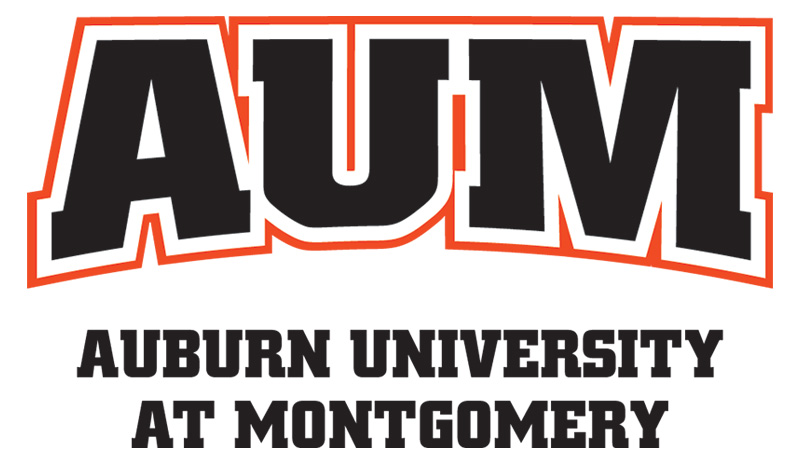The U.S. Department of Justice issued a final rule in April 2024 requiring all state and local government entities—including public universities like Auburn—to ensure their web content and mobile apps are accessible to individuals with disabilities. This includes everything from course materials and registration systems to HR portals and campus apps.
Everyone. The rule impacts:
- Faculty (all digital course content, LMS use)
- Staff (all digital documents, reports, and internal systems)
- Communicators (web, email, social media content creators)
- IT and Procurement (all platforms, tools, and vendor selection processes)
- Students and the public (access to services and information)
Auburn must ensure digital content complies with the Web Content Accessibility Guidelines (WCAG) 2.1 Level AA. This includes, but is not limited to:
- Alt text for images
- Captions for videos
- Screen reader compatibility
- Keyboard navigability
All large, public higher education institutions (population of 50,000+) must be in compliance by April 24, 2026.
The rule applies to all digital content created by or on behalf of Auburn University, including but not limited to:
- Websites and mobile apps
- PDFs, Word docs, and presentations
- Online forms and portals
- Course materials and learning platforms
- Internal systems like HR, finance, and training tools
- Ticketing, registration, and payment systems
- Social media posts
Yes. Some archived content, certain pre-existing documents, and limited third-party content not controlled by Auburn, may be exempt—but only under specific conditions.
There are also limited exceptions where full accessibility would fundamentally alter the nature of the program, service or activity, or would cause an undue financial burden on the institution. The university is still required to provide alternative access to allow individuals to meaningfully participate, however.
- This rule aligns with Auburn’s land-grant mission to expand access to education and serve the public good.
- It reflects the values of the Auburn Creed, emphasizing a belief in education, obedience to law, and the human touch.
- It exhibits the values in our Code of Conduct & Ethics of integrity, respect, and excellence.
- The rule aligns with our 2035 Strategic Plan that strives for innovation, engaged faculty and staff, and an exceptional student experience.
Auburn offers several trainings and resources to support compliance from the following offices:
- Office of Accessibility
- Biggio Center for Teaching & Learning
- IT Accessibility Guidelines
Auburn has also acquired or created some tools to assist faculty and staff:
- UDOIT Accessibility checker Canvas integration
- Site Improve to check website accessibility
- A11y Toolkit
- PAWS Before You Publish
Accessible content is designed so that everyone—including people with disabilities—can use and understand it. Examples include:
- Documents: PDFs and Word files that use proper heading styles, readable fonts, and alt text for images.
- Videos: Lecture recordings or promotional videos that include captions and transcripts.
- Web pages: Sites with clear navigation, descriptive link text (e.g., “Apply Now” instead of “Click here”), and keyboard-friendly design.
- Presentations: PowerPoint slides with high color contrast, logical reading order, and meaningful slide titles.
- Forms and Portals: Online forms that are labeled correctly for screen readers and can be completed using only a keyboard.
- Learning Platforms: Canvas pages that use accessible templates, structured content, and alternative formats for media.
These practices not only support compliance with the ADA—they also improve usability for all users, including those on mobile devices or with temporary impairments.








